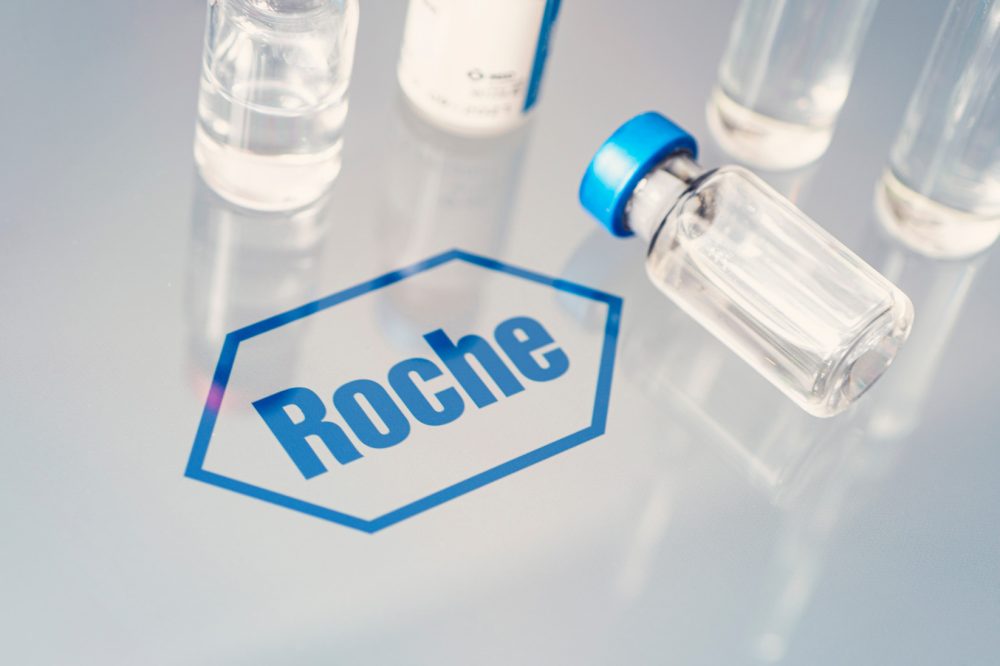Advertisment
Immuno-oncology treatment pre-surgery safe and effective option for localized non-small cell lung cancer

New study data shows that the immuno-oncology drug, atezolizumab (pronounced a” te zoe liz’ ue mab, marketed as Tecentriq) is a safe and effective treatment for stage IB-IIIB non-small cell lung cancer patients prior to lung cancer surgery, according to a new study led by researchers with The Ohio State University Comprehensive Cancer Center – Arthur G. James Cancer Hospital and Richard J. Solove Research Institute (OSUCCC – James) as part of the national Lung Cancer Mutation Consortium 3 study.
Researchers found that the survival of patients in this new study was far better – about 80% at three years post treatment and approximately twice as good as that which would be expected with surgery and chemotherapy alone. Study investigators also report data showing that the presence of high numbers of natural killer (NK) cells – a type of immune cell found in the blood before treatment – were associated with poor immunotherapy treatment effectiveness in this study. Patients with high levels of these cells might benefit from the addition of NK-specific therapy.
The findings appear in the Sept. 12, 2022, issue of Nature Medicine.
Led by Dr. David Carbone of the OSUCCC – James, this national clinical trial involved 181 patients recruited from 15 cancer centers across the United States. It represents the largest clinical study conducted to date evaluating the use of any immuno-oncology drug given without chemotherapy prior to surgery for patients with stage IB-IIIB non-small cell lung cancer.
The U.S. Food and Drug Administration (FDA) very recently approved the combination of chemotherapy and immunotherapy given prior to surgery for the treatment of NSCLC, but this study showed that some patients may not need the added toxicity of chemotherapy. Giving immuno-oncology treatments alone prior to lung cancer surgery, however, is still considered experimental.
“Immuno-oncology drugs have truly transformed treatment outcomes for metastatic lung cancer, but its impact and optimal use in earlier stage cancers is still being determined,” Carbone said.
Carbone notes that one large study evaluating the combination of immuno-therapy and chemotherapy before surgery has been reported and several others are ongoing. These studies suggest that this combination is effective at reducing relapses after surgery, however Carbone points out that the impact of chemotherapy and immunotherapy on overall survival has not yet been demonstrated.
Study methods and results
For this new study, researchers sought to gather a more definitive picture of direct immuno-oncology treatment benefits by collecting pre- and post-surgery pathologic samples and peripheral blood to measure immune cell profiles that correlated with clinical benefit.
“We were surprised to find a correlation between high levels of NK cells and poor treatment outcomes. These new blood biomarkers offer us interesting new avenues for predicting treatment response and potential new targets for more effective immune-based drugs that target NK cells specifically,” Carbone said.
In this study, researchers report that 20% of NSCLC patients treated with two cycles of pre-surgery atezolizumab experienced a major pathological response (MPR) to time of surgery. MPR was defined in this study as having less than 10% of viable cancer cells existing in the tumor at the time of surgery, indicating most cancer cells in the tumor tissue had been destroyed by the pre-surgery immunotherapy treatments. Additionally, about 7% had a complete pathological response when treated with just these two doses of pre-surgery (neoadjuvant) immuno-therapy.
“These are very encouraging results with significant clinical care implications. But what is even more striking is that we were able to identify and correlate specific findings in the blood before treatment that predicted treatment outcomes, and identified potential new therapy targets,” said Carbone, who is corresponding author, principal investigator of the national trial and director of the James Thoracic Oncology Center at the OSUCCC – James.
Coauthors in this study include Jamie Chaft, Filiz Oezkan, Mark Kris, Paul Bunn, Ignacio Wistuba, David Kwiatkowski, Dwight Owen, Yan Thang, Bruce Johnson, Jay Lee, Gerard Lozanski, Marciej Piertzak, Michal Seweryn, Woo Yul Bun, Katja Schulze, Alan Nicholas,
Ann Johnson, Jessica Grindheim, Stephanie Hilz, David Shames, Chris Rivard, Eric Haura, Ciaran McNamee, G. Alexander Patterson, Saiama Wagar and Valerie Rusch.
The study received sponsorship support from Genetech for clinical study costs and immune cell analysis at OSUCCC – James. Carbone is a consultant for Genetech, manufacturer of the immuno-oncology drug Tecentriq used in this study.





